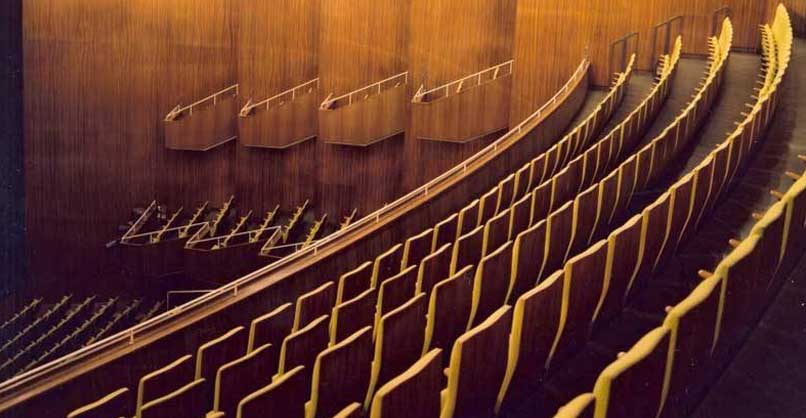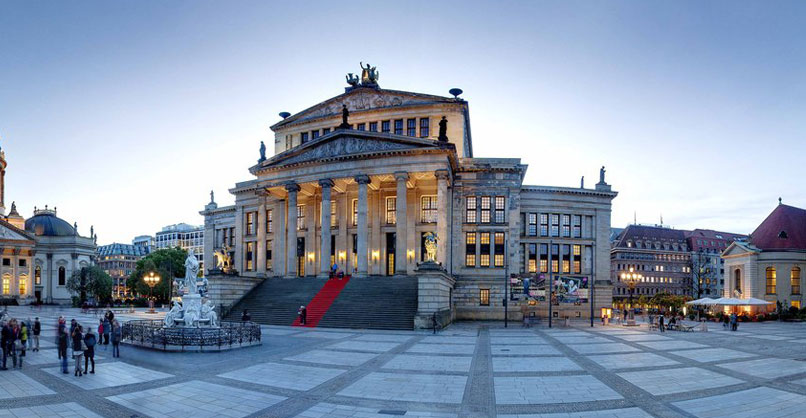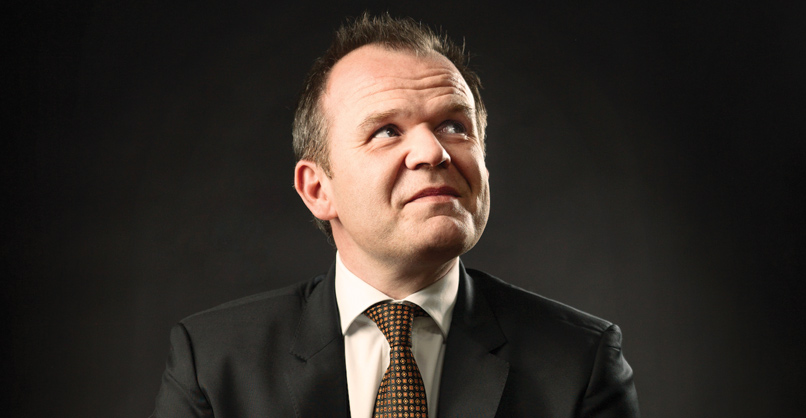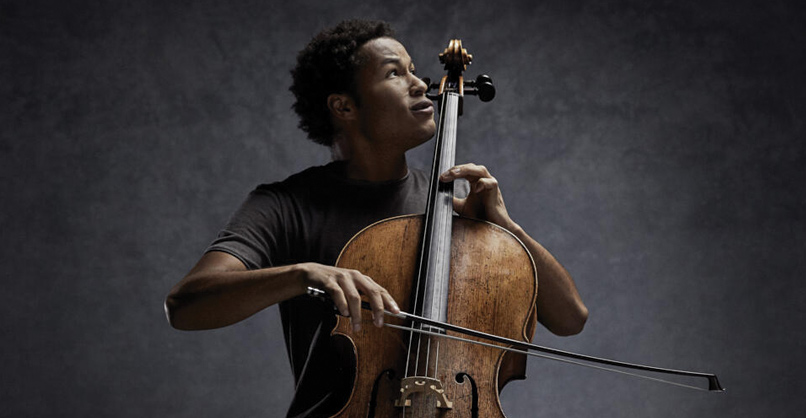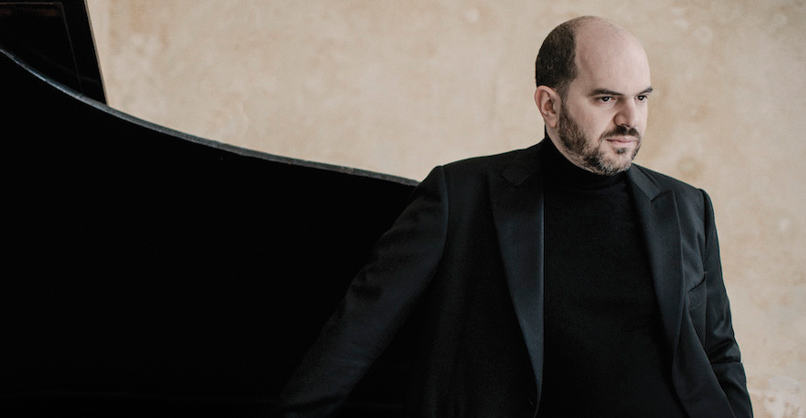- Venue's Capacity: 1859
Contrary to the Staatsoper Unter den Linden which was founded in the eighteenth century in the centre of town and for a long time considered the Royal Opera, the history of the Berlin Opera began in 1912, in the Charlottenburg neighborhood situated outside the city limits, and intitiated by the rich bourgeoisie. But the inevitable occured, following the economic crisis of World War I, and the Charlottenburg Opera was ultimately purchased by the City of Berlin.
Bruno Walter greatly improved the musical qualities of this institution which was rebaptized the Städtische Oper (City Opera). Prior to that, Carl Ebert, as administrator (with Rudolf Bing, the future legendary director of the MET in New York, as assistant), promoted more modern music, including those operas by Kurt Weill or Schreker which Klemperer could no longer perform at the then-closed Kr oll-Oper, and which provoked the ire of the Nazis as early as 1933. In 1945, the building was left in ruins, but by the month of August 45, the company presented FIDELIO at the « Theater des Westerns » and animated that theatre until 1961. During this period, the conductor Ferenc Fricsay, named music director, enabled the Städtische Oper to regain its international ranking, alternating standard repertoire in top-quality productions (where voices such as Dietrich Fischer-Dieskau or Josef Greindl were discovered), works by Stravinsky and Hindemith (who were banned by the Nazis), and world premieres. But in 1955, the Opera Unter den Linden, situated in East Germany, reopened under the name of the Deutsche Staatsoper. Under the influence of this politico-artistic competition, three decisions were made : the Städtische Oper was rebaptized the Deutsche Oper Berlin, plans were made to construct a theatre at the Charlottenburg site (situated in West Berlin), and Carl Ebert who, in the meantime founded the Glyndebourne Festival, was called back. His productions and season programmes turned West Berlin into one of contemporary opera's main capitals.






